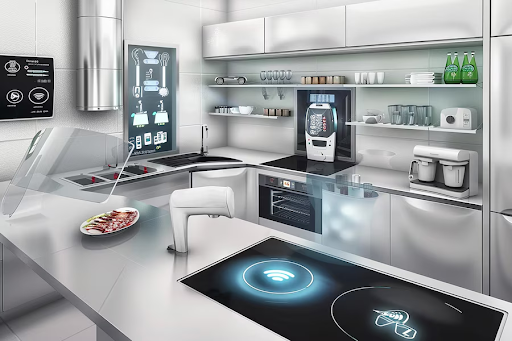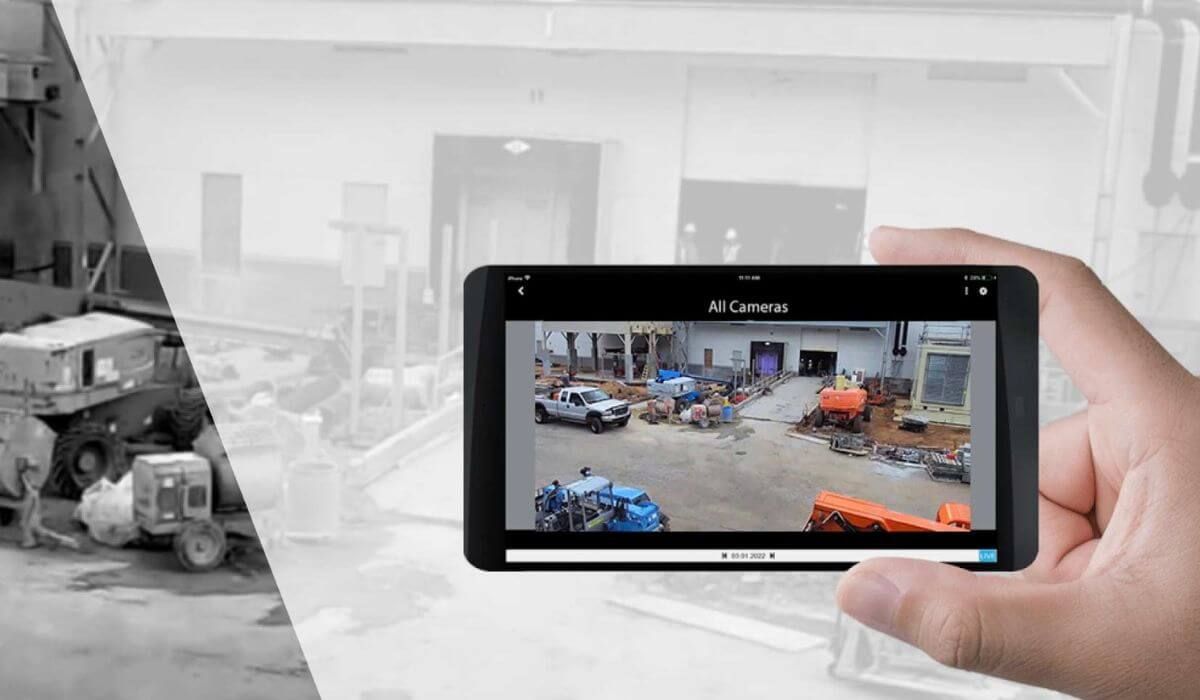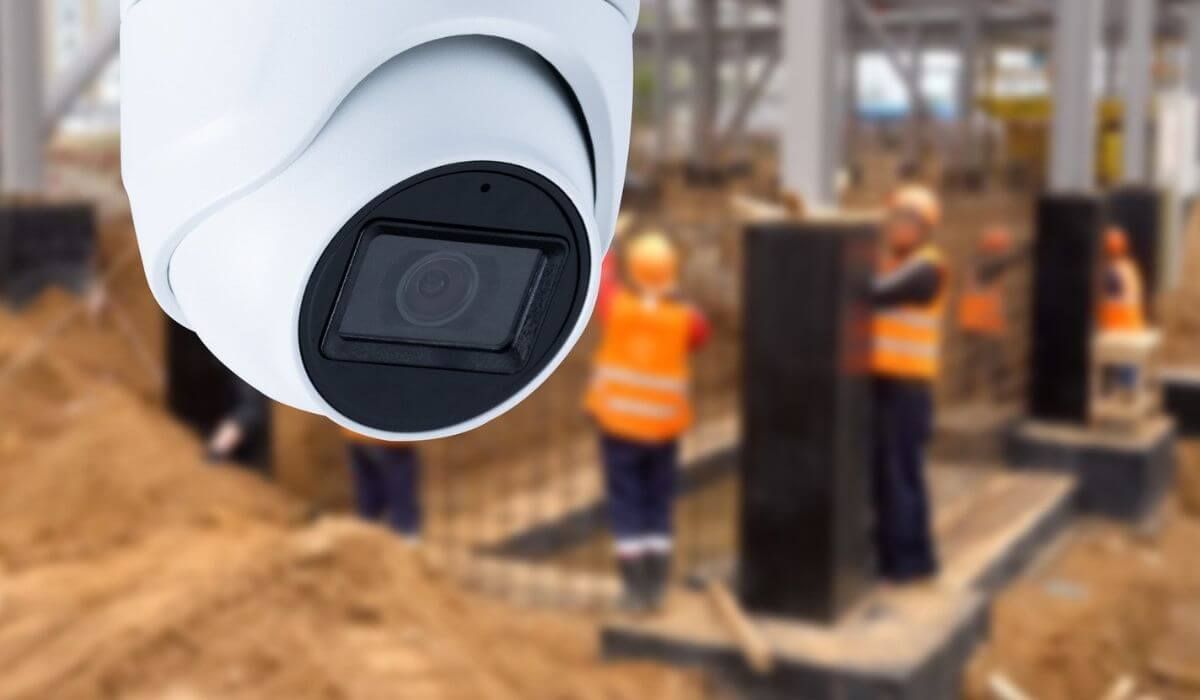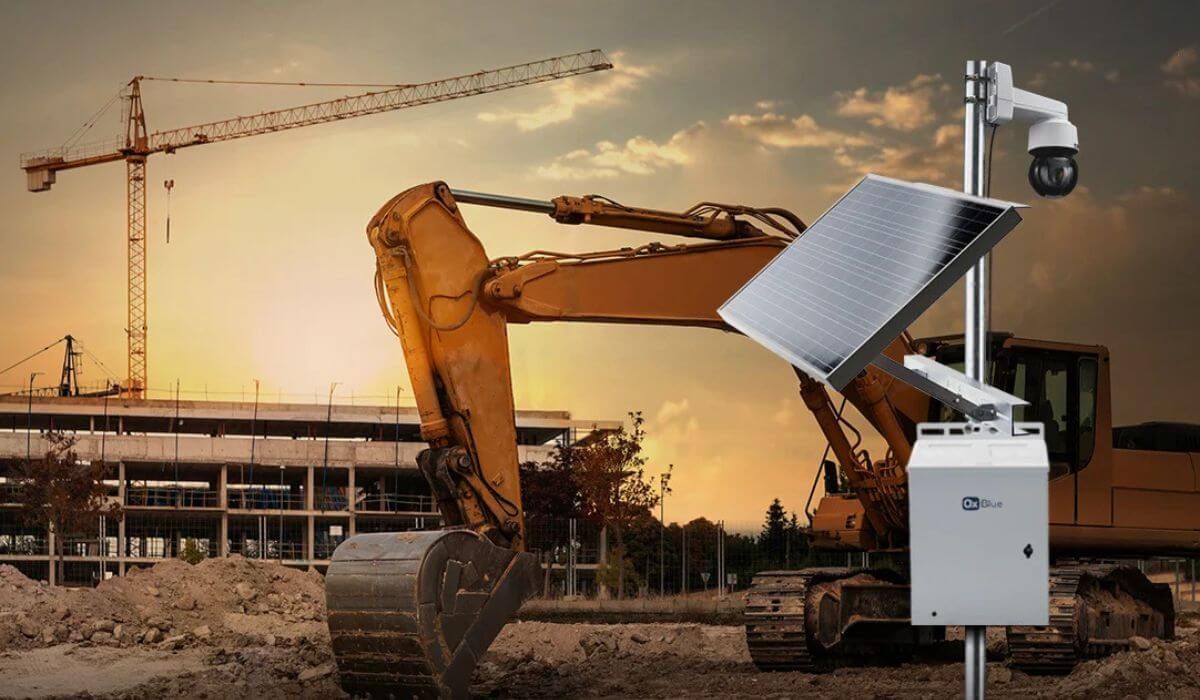Smart Homes Automating for Sustainability in Sydney
As Sydney faces rising energy costs and growing environmental concerns, the need for energy-efficient solutions in residential settings has never been more pressing. Smart home automation presents a promising solution, merging convenience with significant energy savings. By integrating advanced technology into your home, you can create an energy-efficient environment that not only reduces your carbon footprint but also lowers your utility bills.
Understanding Smart Home Automation
Smart home automation refers to the use of
technology to control and monitor various aspects of your home environment. By connecting devices and systems through a central network, smart home automation allows for enhanced control, convenience, and, most importantly, energy efficiency.
Core Components of a Smart Home
Several key components work together to make a home smart and energy-efficient:
- Smart Thermostats: These devices learn your schedule and adjust the temperature based on your habits, ensuring optimal heating and cooling without wasting energy.
- Automated Lighting: Smart lighting systems allow you to control lights remotely, set schedules, and use sensors to turn lights on or off automatically, which helps to save energy.
- Energy Management Systems: These systems monitor and manage your home’s energy consumption, providing insights and recommendations to optimize energy use.
Benefits of Energy-Efficient Smart Homes in Sydney
Adopting smart home technology offers a range of benefits, particularly in a city like Sydney where energy costs can be high and environmental impact is a growing concern.
Reduced Energy Bills
One of the most immediate benefits of smart home automation is the potential for significant savings on energy bills.
Smart thermostats
and lighting systems help reduce energy consumption by adjusting settings based on real-time data and usage patterns.
Lower Carbon Footprints
By optimizing energy use and reducing waste, smart home technologies contribute to a lower carbon footprint. This not only helps in reducing your environmental impact but also supports Sydney’s sustainability goals.
Enhanced Home Value
Homes equipped with smart technology are increasingly attractive to buyers. Energy-efficient smart homes can command higher market values, making them a worthwhile investment.
Real-Life Examples in Sydney
To illustrate the impact of smart home automation, consider these real-life examples from Sydney:
- Case Study 1: A Sydney family installed a smart thermostat and automated lighting system. They reported a 20% reduction in their monthly energy bills and noted the added convenience of remote control.
- Testimonial 1: "Integrating smart home technology into our Sydney home has not only saved us money but also made our lives more convenient. We love the energy savings and the ability to control everything from our smartphones." – Sydney Homeowner
How to Implement Smart Home Automation for Energy Savings
Implementing smart home technology can seem overwhelming, but with a practical approach, you can effectively integrate these systems into your home to maximize energy efficiency.
Choosing the Right Technology
Selecting the right smart devices is crucial for achieving optimal energy savings:
- Smart Appliances: Look for appliances with energy-efficient ratings and compatibility with your home automation system.
- IoT Devices for Home: Choose devices that can seamlessly integrate with your existing smart home network, ensuring smooth operation and maximum efficiency.
Initial Steps
- Assess Your Home’s Energy Needs: Identify areas where energy is being wasted and where automation could provide the most benefit.
- Set a Budget: Determine how much you are willing to invest in smart home technology and prioritize purchases based on their impact on energy savings.
- Plan Your System: Develop a plan for integrating smart devices into your home network, considering factors such as compatibility and installation requirements.
Challenges and Considerations
While smart home technology offers many benefits, there are also challenges and considerations to address.
Overcoming Installation Challenges
- Professional Installation Services: Hiring a professional can help ensure that your smart devices are installed correctly and integrated seamlessly into your home network.
- Troubleshooting Tips: Familiarize yourself with common issues and solutions, such as connectivity problems or device malfunctions, to address any challenges that arise.
Conclusion
Smart home automation is a powerful tool for creating energy-efficient living spaces in Sydney. By integrating smart technology into your home, you can enjoy significant savings on energy bills, contribute to a lower carbon footprint, and enhance your home’s value. Embrace the future of home automation and take steps toward making your home smarter and more sustainable today.
FAQs About Energy-Efficient Smart Homes
What are the first steps to take when converting to a smart home in Sydney?
The initial steps involve assessing your home’s energy needs, setting a budget for smart technology, and planning the integration of smart devices. Consider consulting with professionals to ensure a smooth transition and optimal setup.
How do smart homes save energy on a day-to-day basis?
Smart homes save energy through automated processes such as adjusting thermostat settings based on real-time data, using energy-efficient lighting systems, and managing appliances remotely. These technologies work together to optimize energy use and reduce waste.




